
by Rehab Modalities | Nov 9, 2024 | Neuro Robotics
Neurological Rehabilitation employs various strategies to enhance balance and coordination in patients with neurological conditions. Key methods include task-specific training, where patients practice real-life activities to refine movement patterns. Balance...
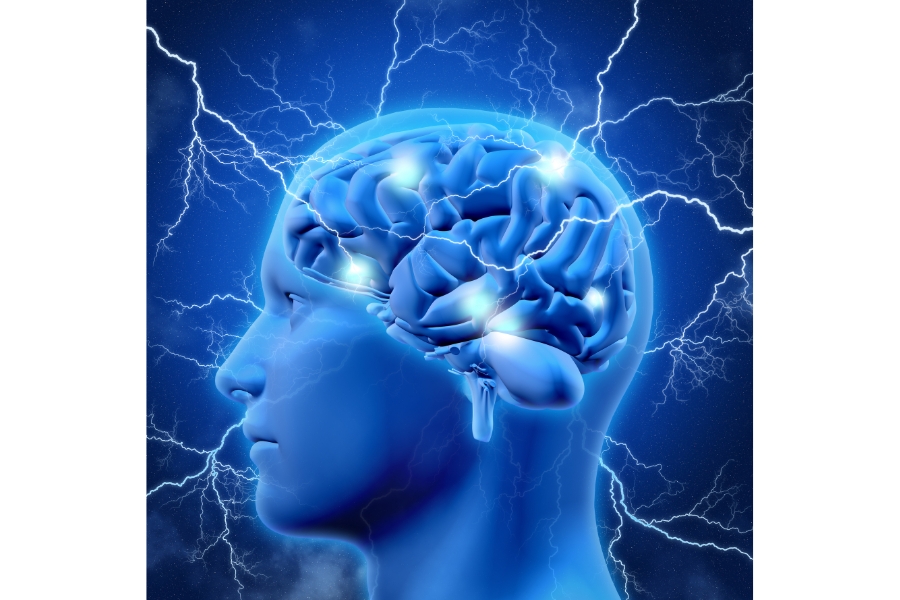
by Rehab Modalities | Nov 7, 2024 | Neuro Robotics
Neuroplasticity is the brain’s natural ability to reorganize and adapt by forming new neural connections. It allows the brain to recover from injuries, adapt to new challenges, and learn throughout life. When part of the brain is damaged—such as from a stroke or...
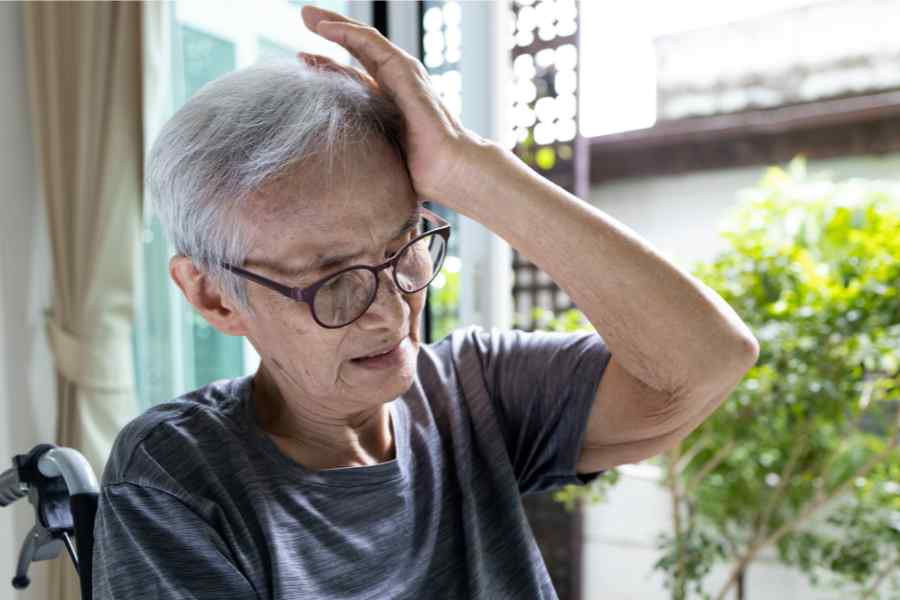
by Rehab Modalities | Nov 5, 2024 | Neuro Robotics
Migraine-associated vertigo (MAV), also referred to as vestibular migraine, represents a challenging blend of migraine headaches and vertigo, a sensation of spinning or dizziness. While many are familiar with migraines’ hallmark symptoms—intense headaches,...
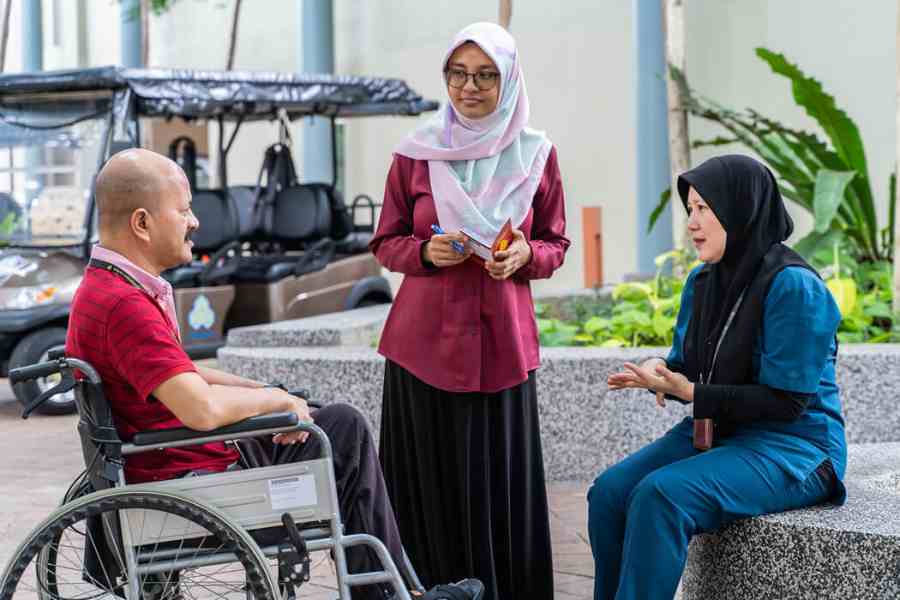
by Rehab Modalities | Nov 3, 2024 | Neuro Robotics
Perkeso’s Luxurious Accommodations and World-Class Facilities prioritize patient comfort, integrating premium amenities with high-quality care to support an unparalleled rehabilitation experience. These accommodations go beyond standard medical facilities,...
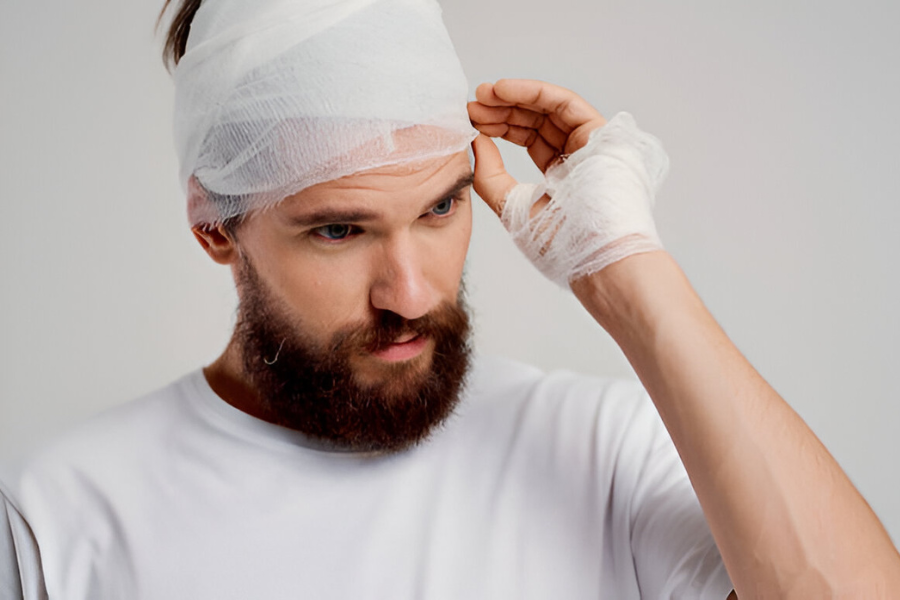
by Rehab Modalities | Nov 1, 2024 | Neuro Robotics
Speech therapy plays a crucial role in the Neurorehabilitation of brain injury patients, addressing the communication and cognitive challenges that often arise following an injury. By employing targeted techniques and exercises, speech therapists work to improve...
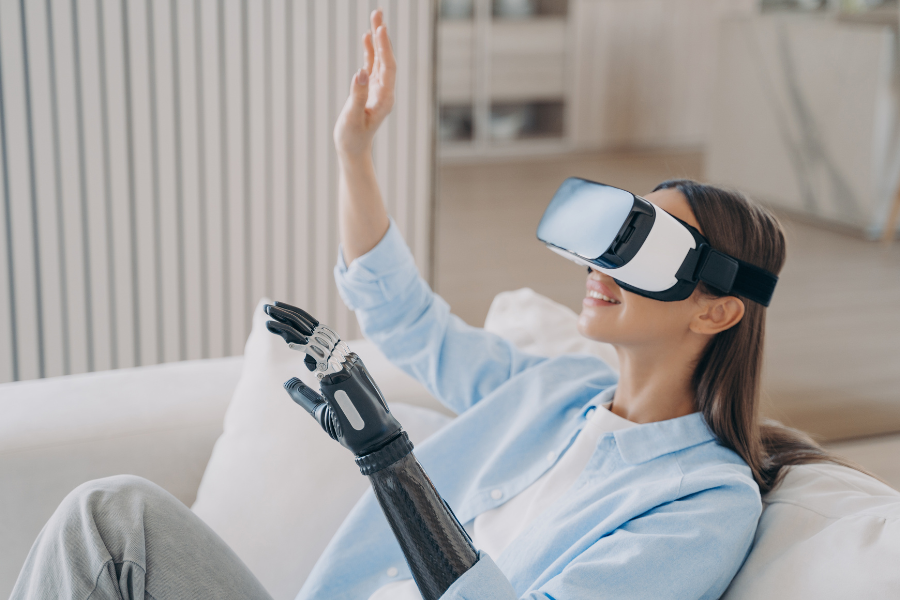
by Rehab Modalities | Oct 30, 2024 | Neuro Robotics
Virtual reality (VR) is gaining traction as a promising tool in Neurorehabilitation, offering innovative ways to enhance recovery for individuals with neurological conditions. Here’s an overview of its potential, applications, and benefits: The Potential of...
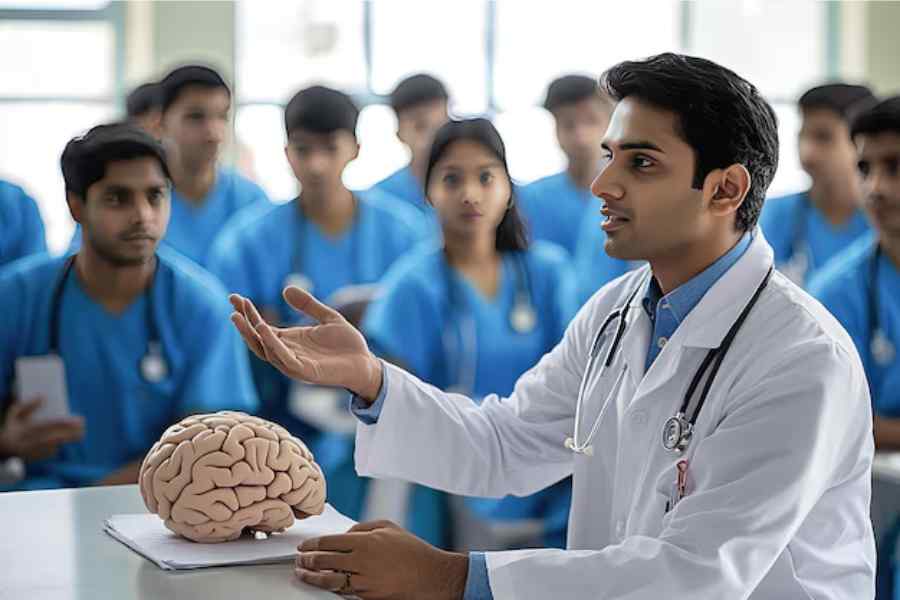
by Rehab Modalities | Oct 27, 2024 | Neuro Robotics
Neurological diseases/conditions encompass a broad range of disorders that affect the brain, spinal cord, and peripheral nerves. These conditions can impact various functions, including movement, cognition, sensation, and behavior. Understanding Neurological Diseases...
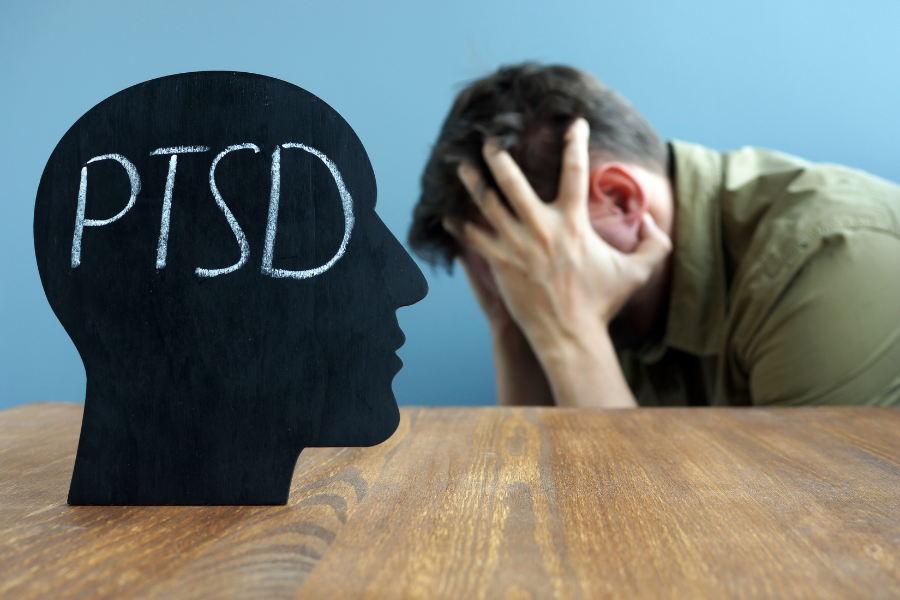
by Rehab Modalities | Oct 25, 2024 | Neuro Robotics
Rehabilitation devices play a transformative role in the lives of individuals affected by Post-Traumatic Stress Disorder (PTSD) by providing innovative solutions for managing symptoms. Wearable technology, such as biofeedback devices, helps users monitor...
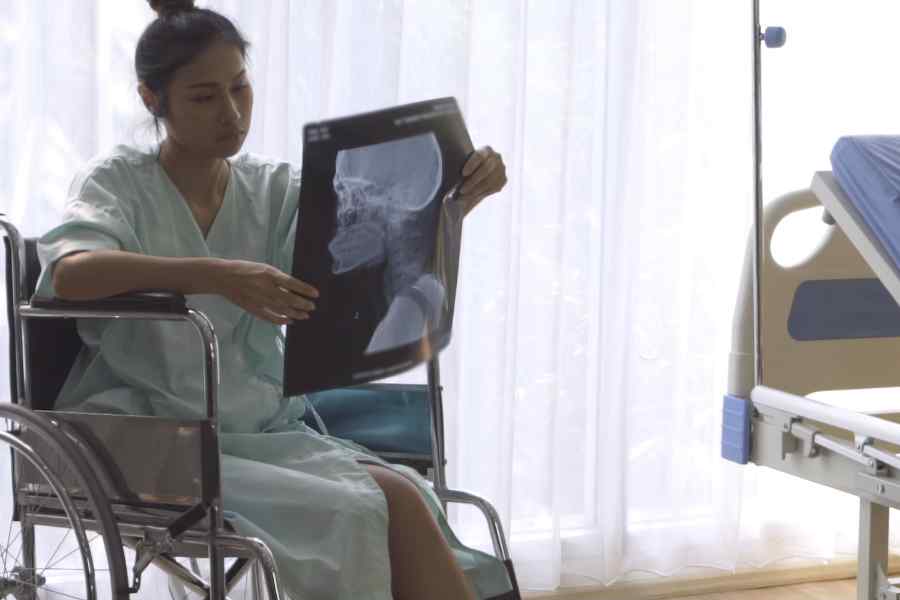
by Rehab Modalities | Oct 23, 2024 | Neuro Robotics
Traumatic Brain Injury (TBI) can lead to a range of effects, including cognitive deficits, physical impairments, and emotional disturbances, significantly impacting daily functioning. Rehabilitation devices such as mental training tools, robotic exoskeletons, and...

by Rehab Modalities | Oct 21, 2024 | Neuro Robotics
Caregivers of individuals with neurodegenerative disorders, such as multiple sclerosis (MS), Alzheimer’s disease, and Parkinson’s disease, face a unique set of challenges. These struggles can impact their physical, emotional, and social well-being. Here...











